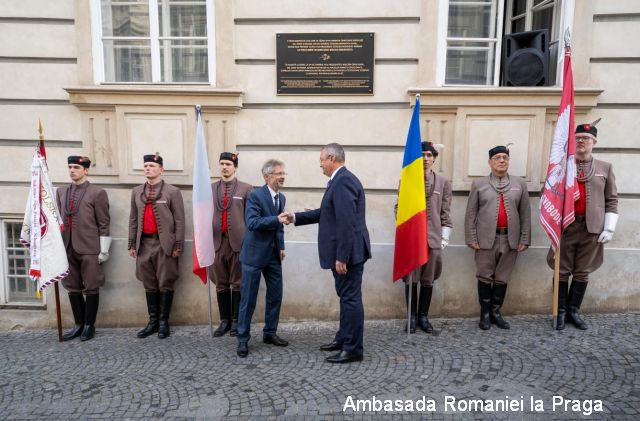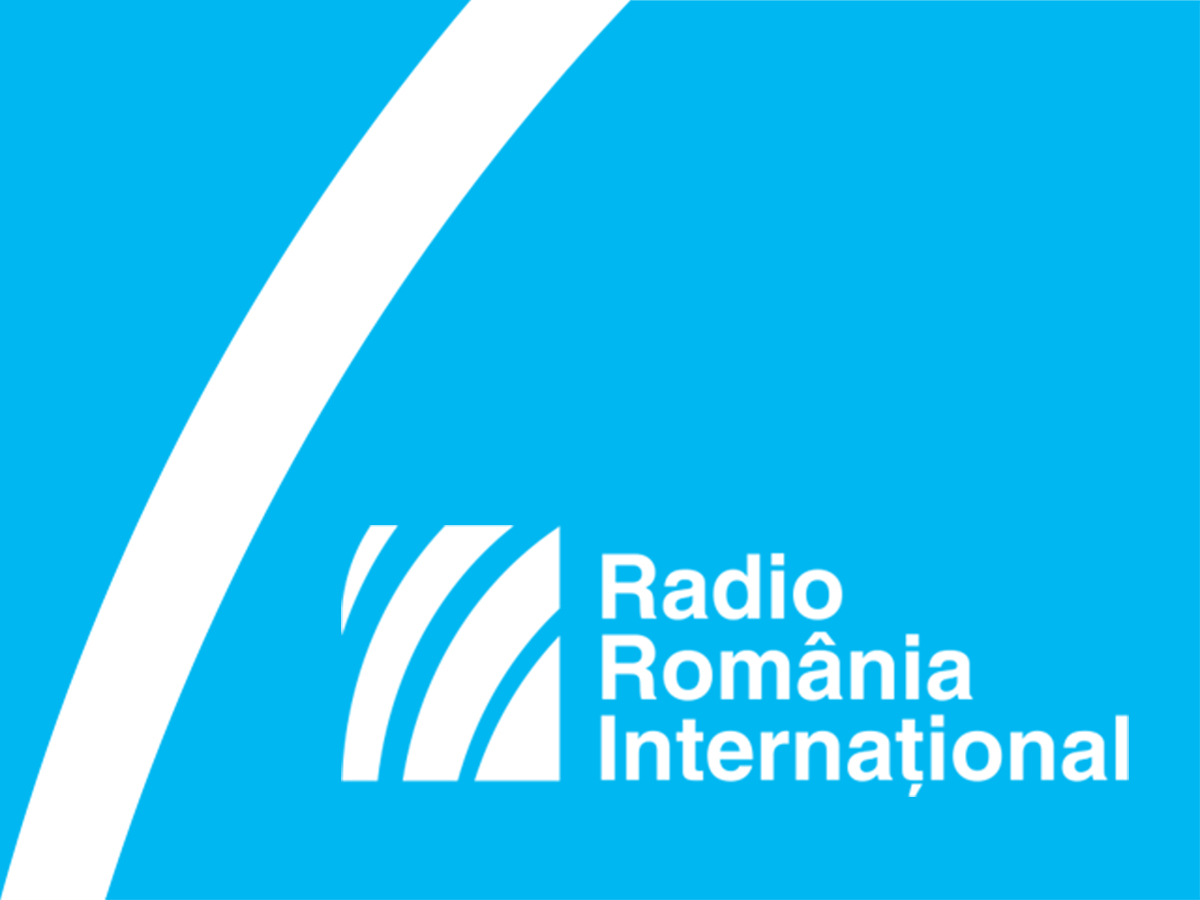Radio Prague in Romanian
Broadcast communication brought people closer together in the 20th century and made the world seem smaller

Steliu Lambru, 27.10.2023, 02:39
Broadcast communication brought people closer together in the 20th century and made the world seem smaller. Suddenly, what was happening in more distant societies became more familiar, and perceptions changed according to similarities and differences. The Romanian-language broadcasts of foreign radio stations made other societies more familiar to Romanians, especially European societies. One of the connections built on airwaves was that between the Czechoslovak and Romanian societies through the Romanian-language broadcasts of Radio Prague.
Romanians and Czechoslovakians have known each other for a long time. Romanians from Banat, Transylvania, Maramureș and Bucovina were part, together with Czechs and Slovaks, of the same state, the Habsburg monarchy. Romanians and Slovaks fought together for national rights in Austria-Hungary before 1918. At the end of the First World War and the formation of Czechoslovakia and Greater Romania, the two countries built regional alliances to stem German and Hungarian revisionism, such as the Little Entente of the years 1920-1921.
During the Second World War, all countries sent their messages to the outside world through radio broadcasting, another real war also taking place over the airwaves. After the Second World War, both Romania and Czechoslovakia were occupied by Soviet troops, and the two were trying to restore their links by radio. Thus, within the Czechoslovak Broadcastings foreign service, the Romanian service went on air on October 1, 1946. For half an hour, live, from 7 p.m. to 7:30 p.m., from the capital of Czechoslovakia on Vinohradska Street number 12, its voice could be heard in Romanian.
In 2000, the Oral History Center of Romanian Broadcasting recorded an interview with Gerhard Bart, head of the Romanian service at Radio Prague. He was asked about the daily line-up of the show in Romanian.
“Every day we had a quarter of an hour of news, and then always some commentary. Of course, after the war there were many delegations: Czechs who went to Romania, or Romanian delegations, whether commercial, cultural, and political. And we always sought to record interviews with personalities and broadcast them. because we wanted to show precisely, especially after this second world war, the intense friendship between the two countries.”
The Romanian editorial staff was a small one, more precisely composed of two journalists who were also translators. Gerhard Bart also remembered his colleague, a lady older than him, with strong ties to Romania.
“At the Romanian section I was with another lady of Czech nationality, Elena Ofciacikova, who was born in Romania. Her father was a Czech delegate in Romania, and only at the end of the war did she return with her family to Czechoslovakia. She spoke very good Romanian, and together with her we did this for half an hour. Of course, we were not only editors, we were also translators, because all the news we received had to be translated into Romanian. Because we could also get sick, or we were somewhere recording an interview, there were a lot of Romanian students studying there, and we used external announcers to read the comments or the news.”
Inevitably, politicization was also present in the broadcasts of Czechoslovak broadcasting. But between the years 1946 and1948, it had not been something that influenced the quality of the journalistic act. But everything would change from 1948 onwards.
“From a political point of view, until the coup in Czechoslovakia on February 25, 1948, everything was apolitical, so to speak. Everything was based on friendship, on these completely apolitical bases. Only after February 25, 1948 did a little politics begin to seep in, because we wanted to show what the situation looked like in our country, how we know how to build socialism and so on. After February 25, 1948, Czechoslovakia became a popular-democratic country, as was Romania after the abdication of King Mihai. Of course, all the commentary after that, or almost all, not to exaggerate, the commentary had a political core, or political ideas.”
In 1949, the duration of the show in Romanian was reduced to a quarter of an hour and, shortly after, it was stopped for political reasons. Gerhard Bart detailed the reasons for the abolition of the Romanian service.
“This conclusion was planned, because Romania had become a popular, democratic country. We, Czechoslovakia, were a democratic country. So there was no need to convince Romania to start walking on the same road we were starting to walk on. So, it was announced, back in June 49 that, little by little, these broadcasts, not only the broadcast in Romanian, but also those in Hungarian, Polish, Bulgarian, would be closed in exchange for increasing the broadcasts for France, England and, more importantly, for America.”
The Romanian service of the Czechoslovak Broadcasting was short-lived and, unfortunately, influenced by the politics of the Soviet totalitarian model. But the Romanian service was established on the basis of a good relationship, reconfirmed in 1968, and then after 1989, between Czechoslovakia and Romania.






























